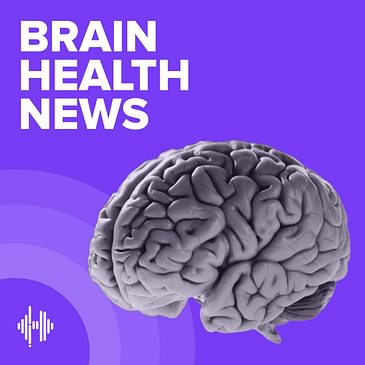This episode is hosted by Richard Lui, an author, filmmaker and anchor for NBC and MSNBC. He’s joined by Dr. Andrea Pfeifer, CEO of AC Immune SA and George Vradenburg, the founding chairman of the Davos Alzheimer's Collaborative.
Together, they discuss the latest developments in Alzheimer's research.
They delve into the breakthroughs in immunotherapy, the potential for early intervention, and the impact of new diagnostic methods.
They also explore the role of partnerships and collaborations in advancing Alzheimer's research and the global effort needed to achieve their goal. Enjoy the conversation with George Vradenburg and Andrea Pfeifer.
This episode was recorded at the World Economic Forum Annual Meeting in Davos Switzerland in January 2024.
The Brain Health News podcast, part of Health UNMUTED, was created by Mission Based Media in association with the Davos Alzheimer’s Collaborative.
00:00 Introduction and Background
01:54 Breakthroughs in Alzheimer's Research
07:25 Progress in Alzheimer's Research
09:06 Partnerships and Collaborations
17:03 Access to Patient Registries
19:16 Hope and Progress



